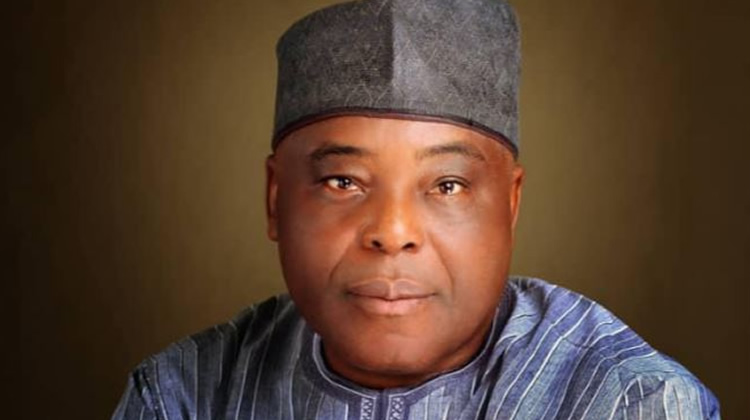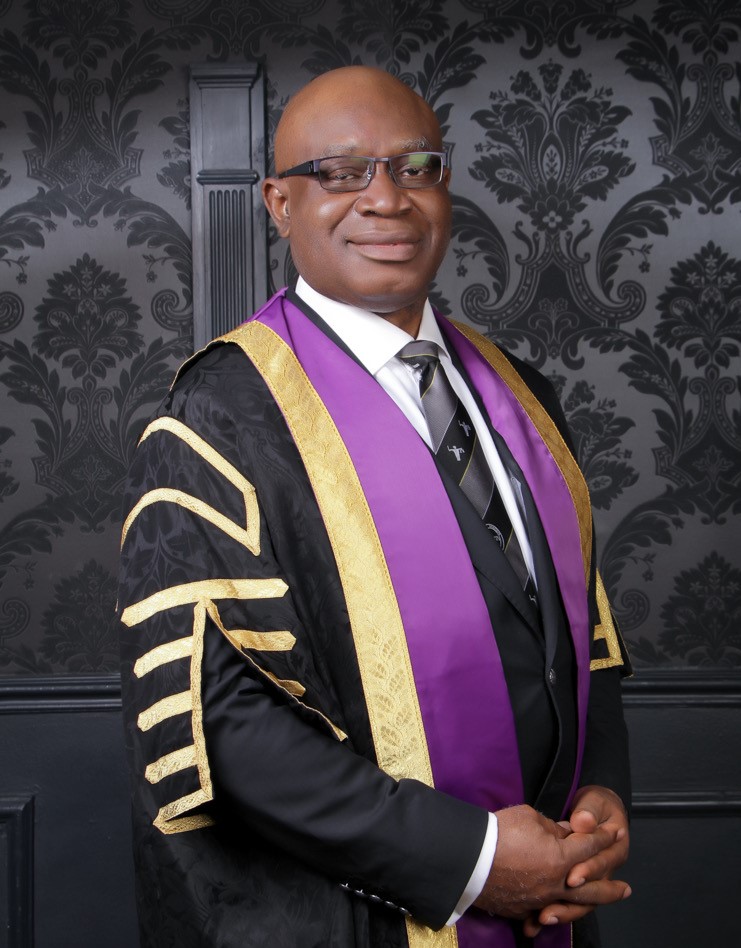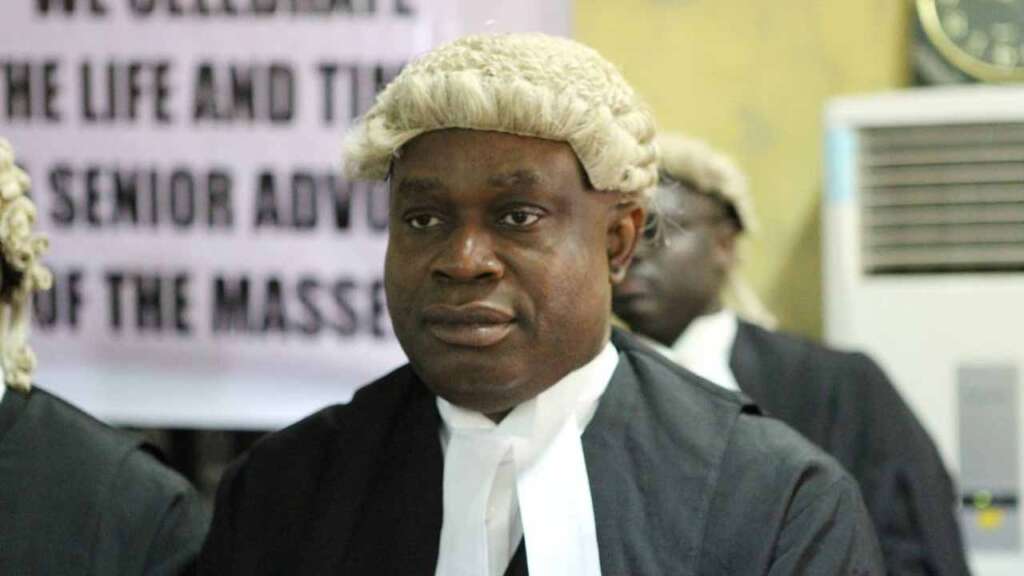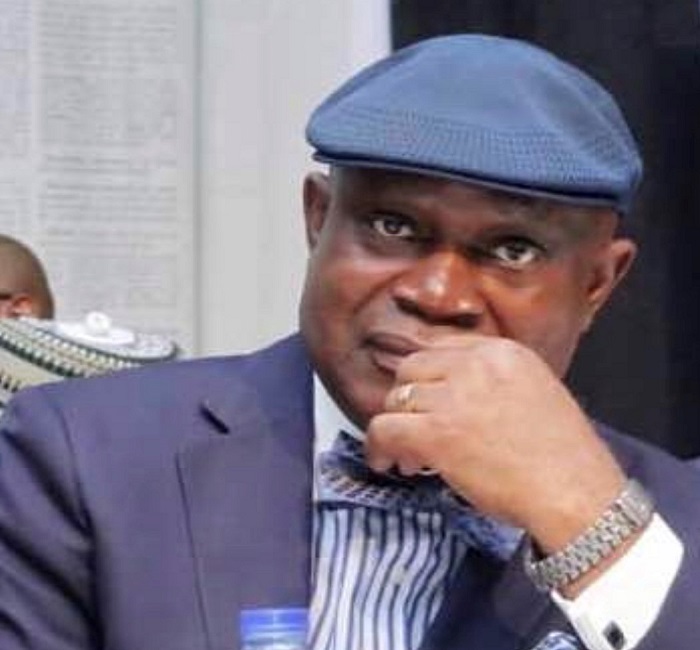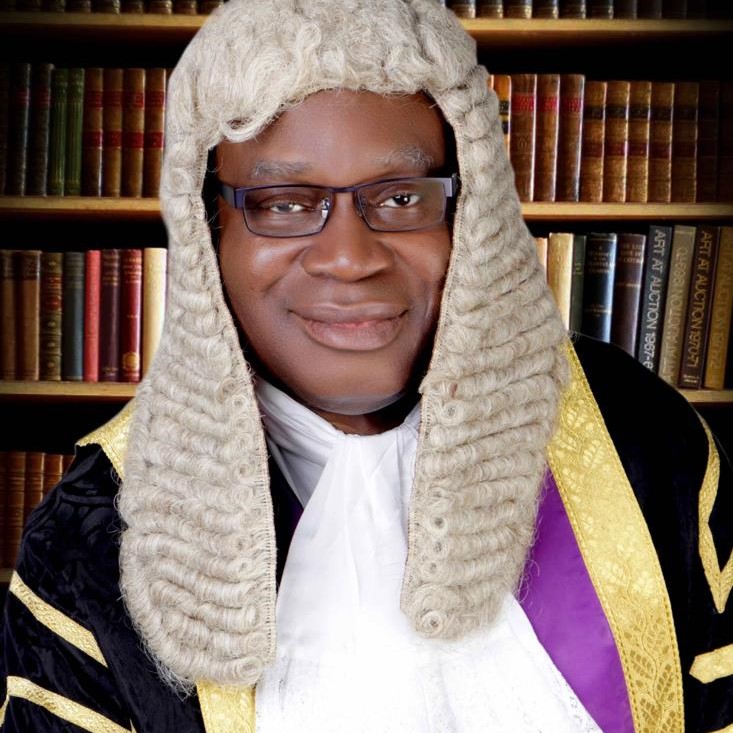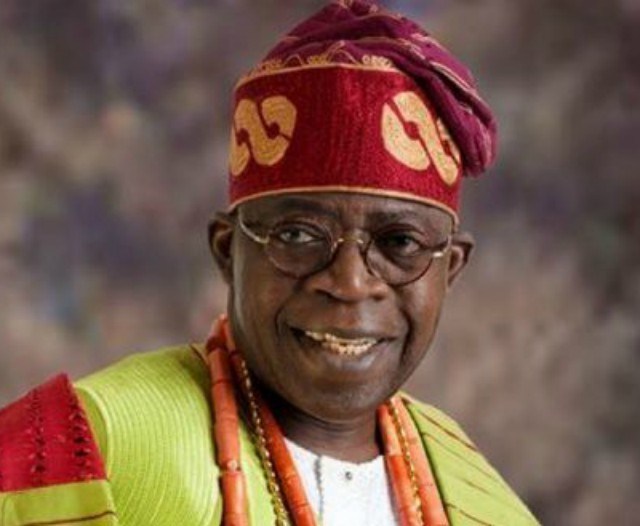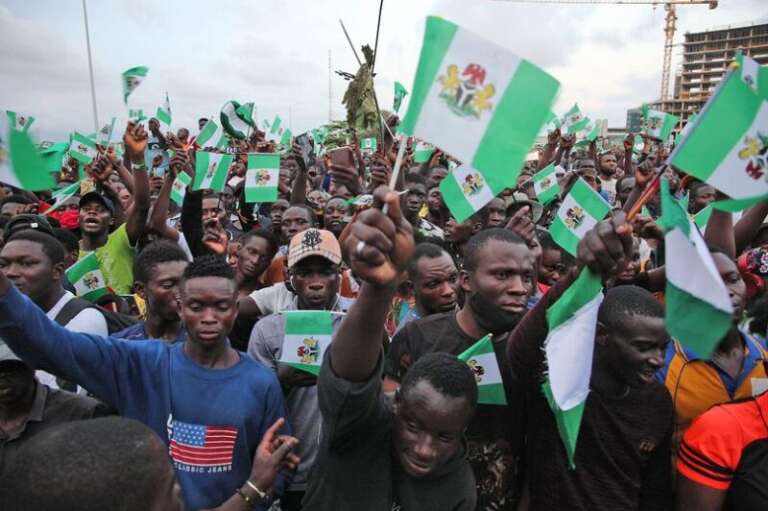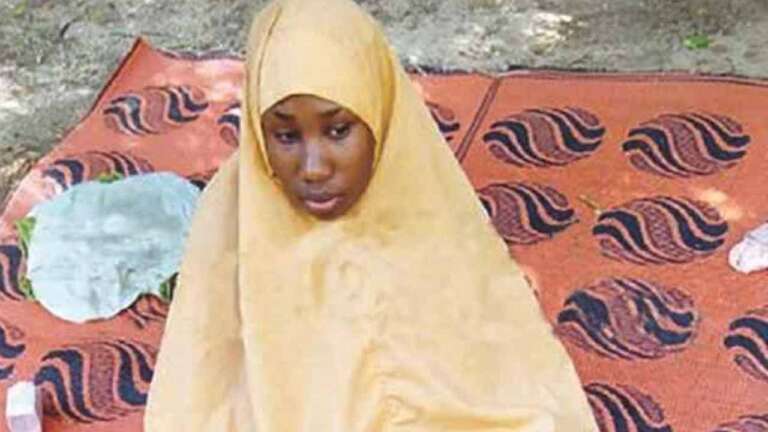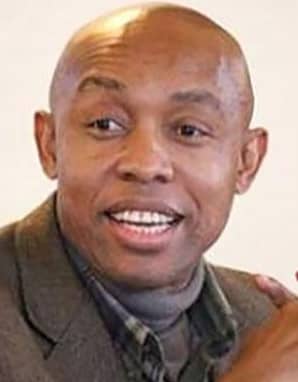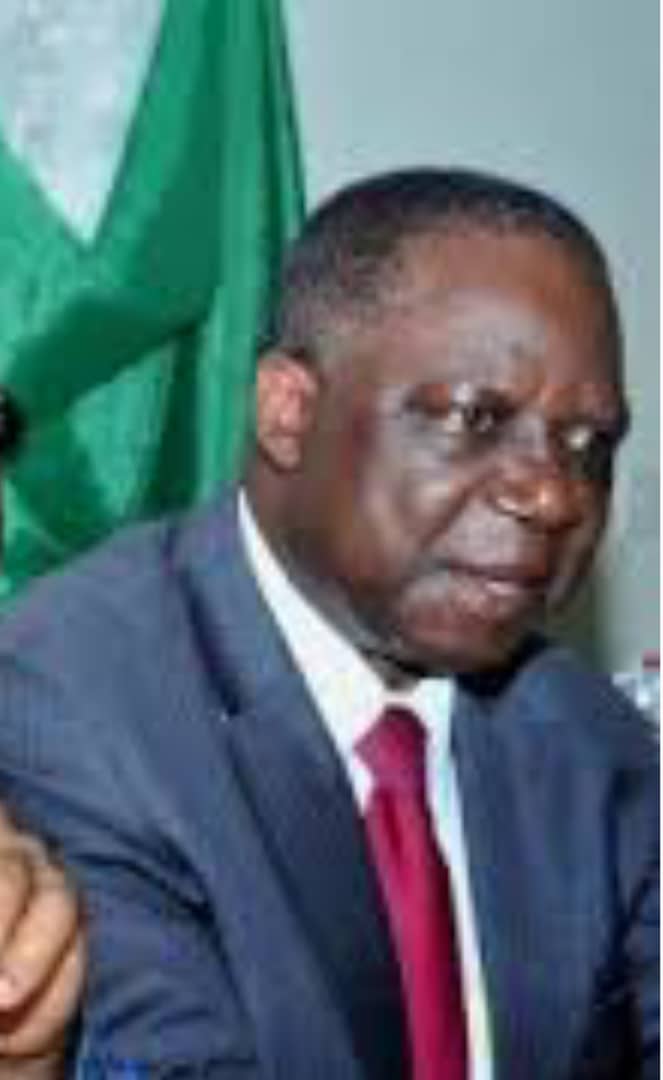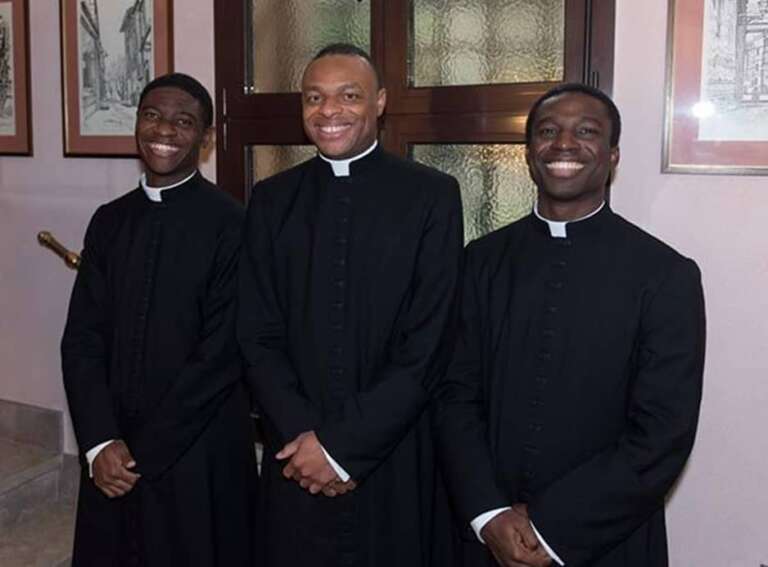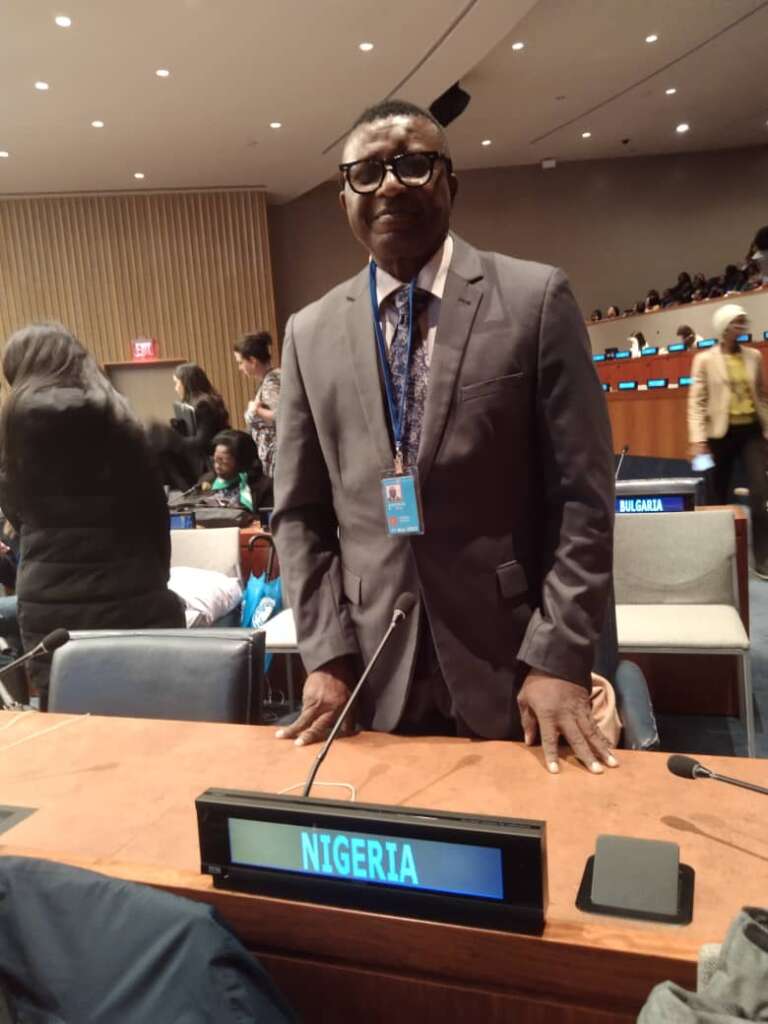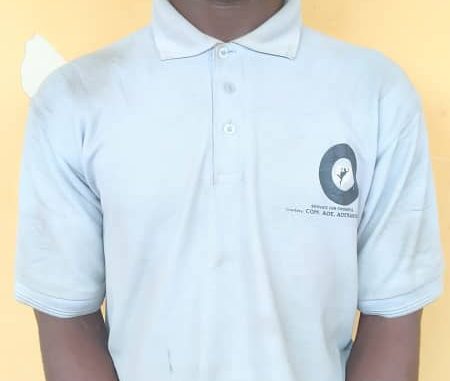By Law & Society Magazine
“What makes you a man is not the ability to make a child, it’s the courage to raise one.” —Barak Obama
An unknown author wrote: “An insincere and evil friend is more to be feared than a wild beast; a wild beast may wound your body, but an evil friend will wound your mind.” But what if that fiend turns out to be your father?
Two young girls, a hapless five-year-old in Ogun state and a disoriented 16-year-old from Kogi state have had the misfortune of being birthed by men who turned them into sex toys. These poor excuses of men found no better way to show their manhood than by raping their daughters.
28-year-old, Adeyemi Babatunde, is cooling off in custody after operatives of the Ogun State Police Command arrested him for allegedly having carnal knowledge of his 5-year-old daughter.
The command’s spokesperson, SP Abimbola Oyeyemi, made the disclosure via a statement issued on Thursday, May 25.
Oyeyemi disclosed that the suspect was arrested on Monday, following a complaint lodged at Ijebu Mushin Divisional Headquarters by the mother of the victim.
He said the mother of the girl reported that her daughter had been complaining of pain whenever she wanted to urinate, while bathing her, or come in contact with her private part.
Oyeyemi said the woman told the police that her daughter also confessed to her that her father laid her on the bed and inserted his manhood into her private part when she was not at home.
The police spokesperson said: “Upon receipt of the complaint, the DPO in Ijebu Mushin Division quickly detailed his detectives to go after the suspect and he was eventually arrested.
“On interrogation, the suspect confessed to the commission of the crime but claimed not to know what came over him at that time.”
Oyeyemi added that the Ogun State Commissioner of Police, Olanrewaju Oladimeji, had ordered that the suspect be transferred to the Anti-Human Trafficking and Child Labour Section of the State CID for further investigation and prosecution.
Similarly, the Nigerian Security and Civil Defence Corps (NSCDC), Kogi Command, arrested a 41-year-old man for allegedly defiling and raping his 16-year-old daughter.
Speaking after parading the suspect at NSCDC Command Headquarters, Lokoja, the state’s Commandant, Ahmad Gandi, said the command received a complaint lodged by an NGO on May 5.
According to him, the complaint was lodged on a case of defilement, rape and incest in which the suspect is the biological father of the victim.
The commandant said that the abusive act was on for three years from 2020 to 2023, since when the victim was 16 years old.
Gandi said that the younger sister of the victim advised her that they should either commit suicide or kill their father to free themselves from the abusive act.
The commandant said that the father had admitted committing the act, saying he would be charged to court after concluding the investigation.
Gandi commended the NGO for reporting the case to the command while urging other victims in the society who were dying in silence to come out and report such cases.
The News Agency of Nigeria reports that newsmen were not allowed by the NSCDC to disclose the identity and names of both the victim and the suspect due to the sensitivity of the case to avoid the victim’s stigmatisation.
The victim told newsmen that she had been sexually abused by her father since 2020 after her mother left home.
“It happened in 2020 when my mum left home and since then my Dad had been sexually abusing me.
In 2021, my father impregnated me and took me to a clinic where they aborted the pregnancy I had for him.
“I couldn’t leave the house because of my younger sister as I was afraid my father could do the same thing to my sister,” the victim said.
“After aborting the pregnancy he continued the sexual abuse until I couldn’t take it anymore, which I have to report to an NGO who reported the case to NSCDC,” the victim narrated.
On his part, the suspect admitted to having committed the act, that he actually dis-flowered his daughter, saying he was hypnotized after his wife left her in 2020.
“I actually committed the act but I don’t know how I did it. I love my wife very well; I begged her to come back home but she never did for the past three years, the suspect said.
In his comment, Mr Abdulrasak Ibrahim, the Executive Director of the NGO, the Islamic Centre for Communication and Creative Thought (ItrippleCT), commended the NSCDC for doing a fantastic job by swinging into action to arrest the suspect.
Ibrahim noted that after hearing about the issue, the victim was immediately relocated to a safe place from her father’s house to protect her from further abuse.
Speaking on the matter, the Chairperson, Federation of Women Lawyer (FIDA), Kogi, Barr Lilian Okolo; and Amb. Idris Muraina, the Chairman, of Kogi Network of NGO (KONGONET), also commended the NSCDC for their proactive-ness in handling the case.
Okolo assured that FIDA would make sure that the suspect was brought to justice to serve as a deterrent to other irresponsible fathers out there.
Muraina assured that the NGOs in Kogi would continue to put professionalism into play in such cases to ensure that the right of the girl-child was protected and get justice for her.
He urged other victims of such acts going through such traumatic experiences in the state to speak out, assuring that it would be pursued to a logical conclusion to get justice for them.
The KONGONET Chairman also appealed to the State and Federal Governments, and the International community to provide a “Safe Keep” accommodation in the state where victims of such acts could be accommodated during the duration of the case.
“As of today we don’t have such “safe-keep” accommodate in Kogi where gender-based violence victims could be kept during the trying period,” Muraina said.

